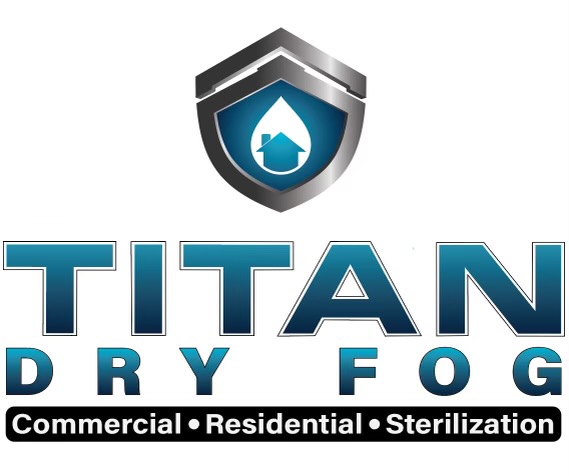-

email us
titandryfog@gmail.com
-

call us now
(561) 559-6876
Blog
- Home > Blog

02 Feb. 2022
5 Things to Look for in Dry Fogging Fort Lauderdale Cleaning Companies
Fort Lauderdale, Florida was hit hard with COVID outbreaks, and deaths caused by complications brought on by the virus. Not only is the area known for having poor social distancing regulations, but populations of people unwilling to wear masks, and it gets a large influx of tourists and college students, the need for COVID cleaning services in Fort Lauderdale are extremely high. Since dry fogging is the only COVID cleaning method guaranteed to kill 100% of COVID, as well as any living organism, finding the best dry fogging Fort Lauderdale has to offer is critical to the health of one’s family, and employees. But how can you tell if you are partnering with a legitimate dry fogging service provider? This article is intended to help homeowners and businesses searching for dry fogging services learn how to partner with the best provider.
Read More- By:admin
- Comments:No Comments

13 Dec. 2021
Why Dry Fogging is the Best School Cleaning Services
The need for school cleaning services is higher than it’s ever been before. With parents on strike refusing to enroll their kids in school amidst the Coronavirus pandemic (for a variety of reasons), school administration boards are desperate to find ways in which safety can be improved for students and teachers alike.
- By:admin
- Comments:No Comments
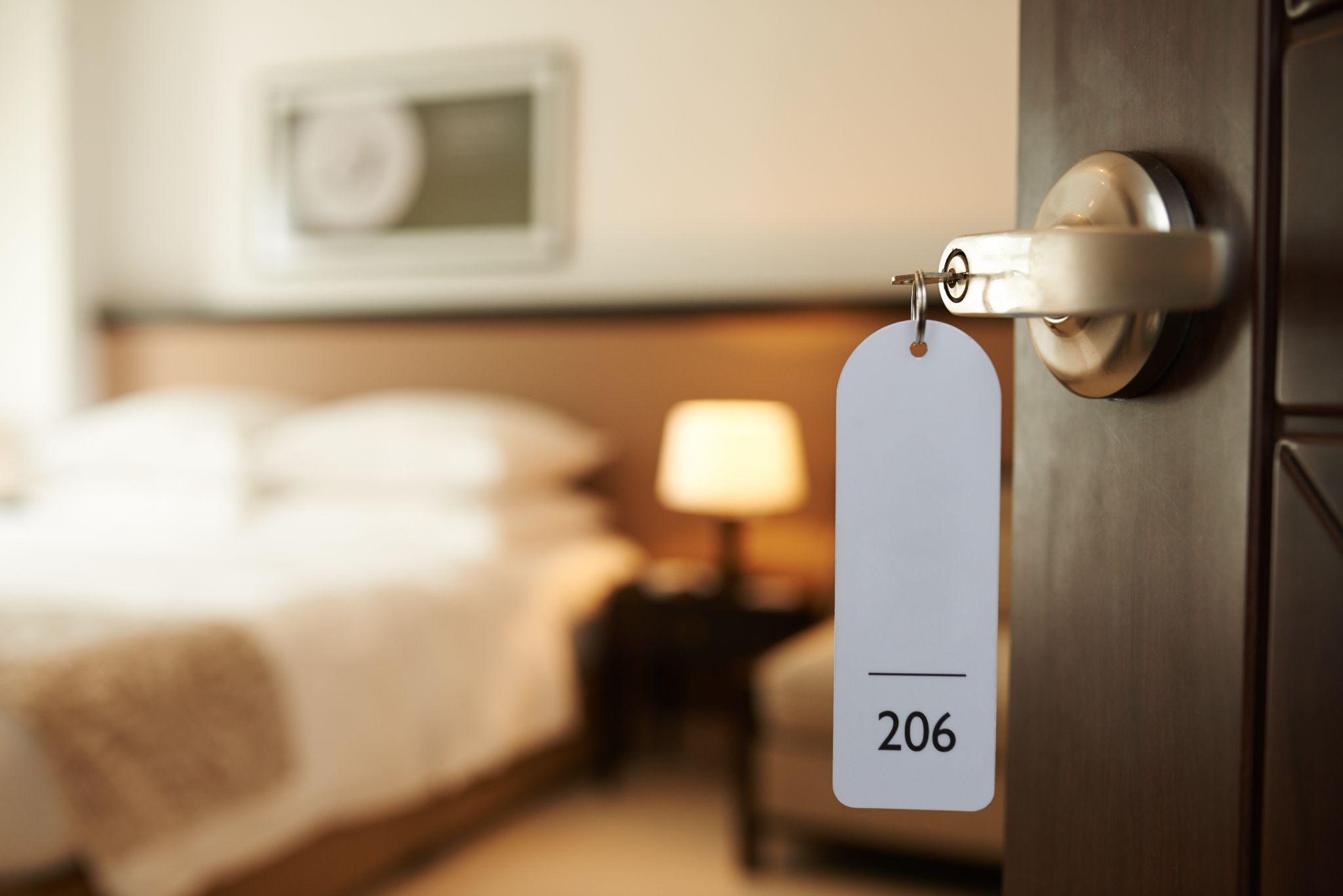
24 Nov. 2021
5 Reasons Why Hospitality Managers Invest in Cold Sterilization Dry Fogging for Hotel Cleaning Services
Hotels chains, resorts, and boutique hotels are starting to pick up again since the COVID outbreak. However, guests now have a different set of priorities when looking for a hotel in the wake of COVID, and that is cleanliness. Even before COVID, it was not uncommon for guests to use blacklights to inspect their rooms before settling in. Now, with the COVID virus and other viruses surfacing in our communities, being able to give your guests confidence that their room is completely clean is paramount to your RevPAR and bottom line.
- By:admin
- Comments:No Comments
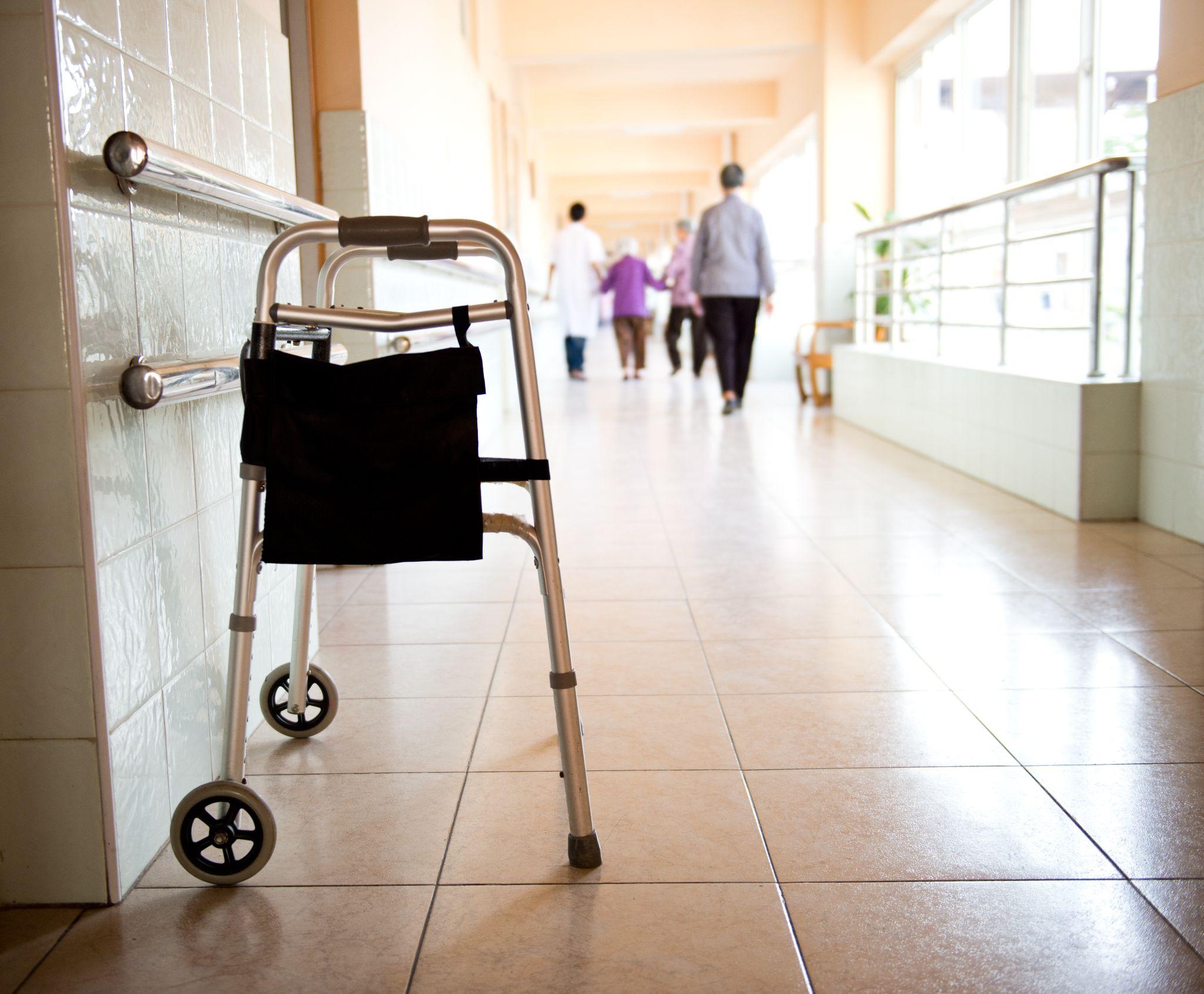
13 Oct. 2021
Why Facilities Offering Elder Care Should Invest in Cold Sterilization Dry Fogging COVID Cleaning
Even though the vaccines are out, they are not mandatory, and this means COVID is still spreading. Of those that have been impacted the most are elderly individuals, and people with pre-existing conditions. And if you own or manage a retirement community of elderly people, many likely have health problems making them all more susceptible to contracting COVID. Most nursing homes and elder care facilities invest in traditional COVID cleaning–a service in which a team comes in with a cleaning solution containing enough alcohol to kill COVID, and they wipe down surfaces, furniture, and mop floors. However, this method doesn’t kill 100% of COVID. Remember, viruses go into small crevices like those found in electronic equipment, furniture, and in between floorboards. COVID can also land on ceilings, go into ventilation systems, and it is airborne. These cleaners can’t scrub in these tiny places, or clean the inside of vents or ceilings, nor can they scrub the air. Ultimately, nursing facilities are wasting money when they use this service, as it is not at all effective.
- By:admin
- Comments:No Comments
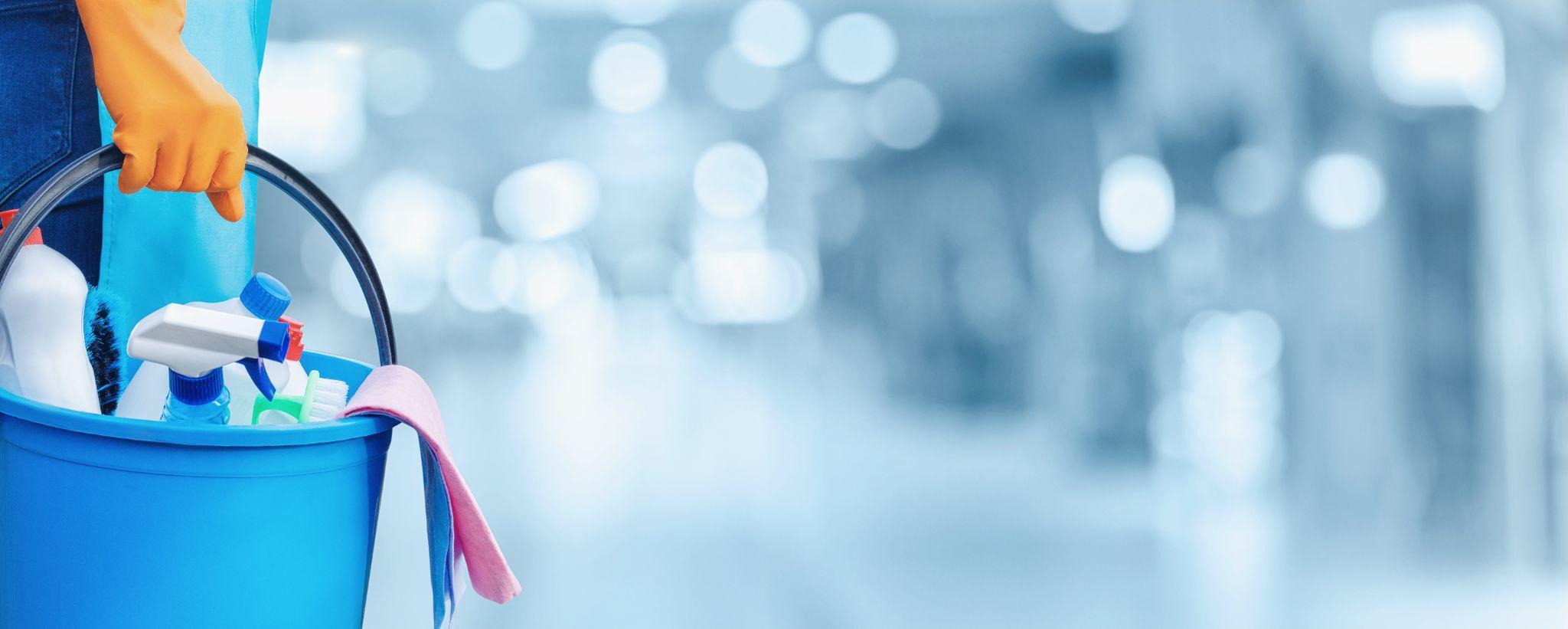
12 Sep. 2021
4 Problems Caused by COVID 19 House Cleaning Services, and Why Dry Fogging is the Answer
When many of us hear COVID-19 brought up, some are reminded of the devastating impact the virus has had on our global economy. But if you are like most people, you are reminded just how important it is to keep your family safe. From masking up in public to getting vaccinated, and simply staying indoors as much as possible are some of the many steps people are taking with their family to stay safe. But is your house safe from COVID?
- By:admin
- Comments:No Comments

12 Aug. 2021
COVID Cleaning Supplies for Schools Don’t Work: Partner with a Cold Sterilization Dry Fogging School Cleaning Service
As more schools are beginning to open in light of the COVID pandemic, school administrators, board members, and principals are scrambling to create safe protocols for students and faculty. One step most schools have already adapted is to purchase COVID cleaning supplies for schools, or hire traditional cleaning companies that clean schools using washing solutions that kill the COVID virus. The only problem is that none of these solutions kills 100% of the COVID virus. The only way to completely rid the COVID virus from schools is to partner with a company that incorporated cold sterilization dry fogging in COVID cleaning supplies for schools, as dry fogging is the only cleaning solution guaranteed to kill 100% of all viruses.
- By:admin
- Comments:No Comments

13 Jul. 2021
Yacht Cleaning VS Yacht Sterilization: What You Need to Know to Keep Your Vessel Safe and Sterile
When most people think of yacht cleaning, they tend to pull images of routine yacht cleaning services provided by companies that are frequenting marinas. Thee service providers have divers who scrape away barnacles and debris from the bottom of the hull and along the bilge, use high-power water to loosen caked-on debris located across the yacht’s body, use a wet-dry vacuum to remove debris from carpeted areas, shine the windows, treat the wood, and wash and polish every inch of the vessel. On the other hand, companies offering yacht sterilization through advanced yacht cleaning services known as cold sterilization dry fogging involves a system that removes all pathogens, mold and viruses, including COVID-19 and all of its variants.
- By:admin
- Comments:No Comments

12 Jun. 2021
Why Chemotherapy Treatment Centers Should Invest in Cold Fog Sterilization Services
Chemotherapy safety is not a simple or straightforward matter. Health centers that administer the cancer treatment are responsible for the health and safety of patients, medical staff, and visitors, which means there are a number of standards that must be upheld, across a number of areas.
- By:admin
- Comments:No Comments
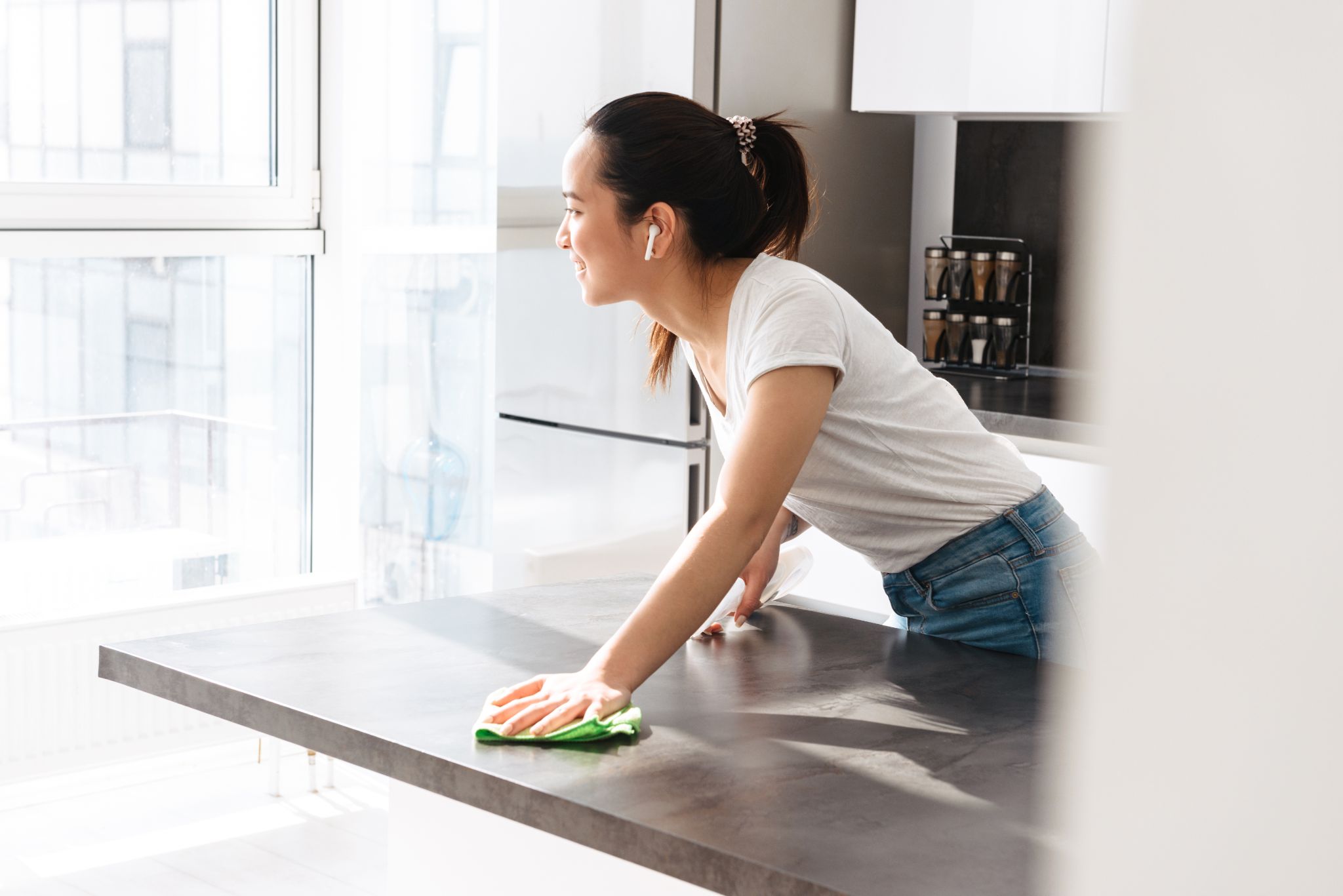
13 May. 2021
Do You Place Focus on Cleanliness in Your Home? Why More Homeowners Secure Cold Sterilization Dry Fogging Services
Ever since the Spanish Flu in 1918 – 1920 claimed thousands of lives, we as a population have managed to steer clear from dealing with global pandemics. Experts on disease and historians agree that we will encounter a pandemic at least once every 100 years, and here we are 103 years later, and COVID-19 continues to run for a year + claiming lives, shutting down businesses, and dividing political lines.
- By:admin
- Comments:No Comments
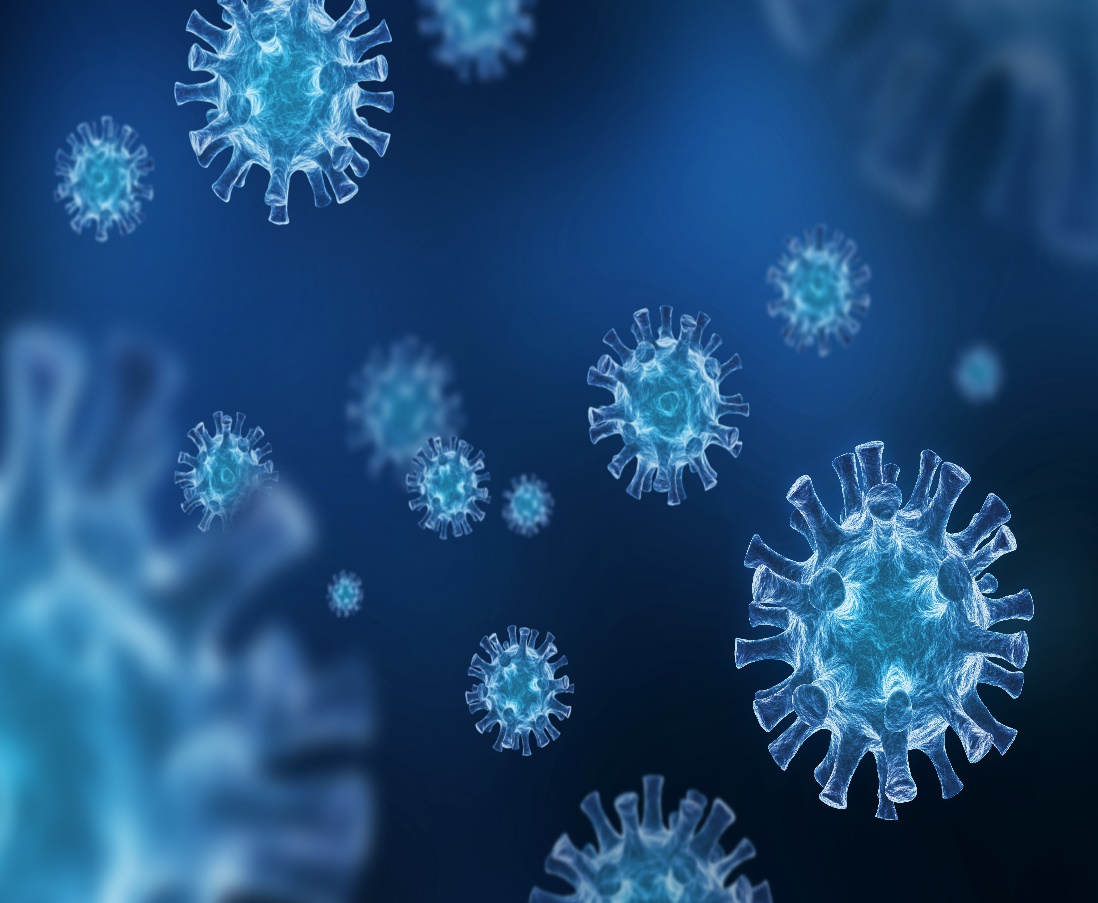
12 Apr. 2021
Why Cold Sterilization is #1 Out of All COVID House Cleaning Services
Survival Times of COVID-19 on All Types of Surfaces
Scientists now know exactly how long the coronavirus can survive on porous and nonporous surfaces. According to the U.S. CDC and U.S. FDA, COVID-19 can remain viable on metal, ceramic, glass, and paper surfaces for up to five days. It can remain transmissible and infectious on plastic and stainless-steel surfaces for up to three days. If the coronavirus is transferred to cardboard items, it will survive for up to 24 hours. Aluminum and copper surfaces are the least “friendly” to COVID-19 because of their antimicrobial properties. Coronaviruses expire in less than eight hours when conveyed to items with aluminum or copper surfaces. Currently, there is no evidence that COVID-19 can spread via food or water.
- By:admin
- Comments:No Comments
VISIT US:
301 Clematis Street #3000 West Palm Beach County, FL 33401
EMAIL US:
titandryfog@gmail.com
24/7 EMERGENCY CALL
+1(561) 559-6876
